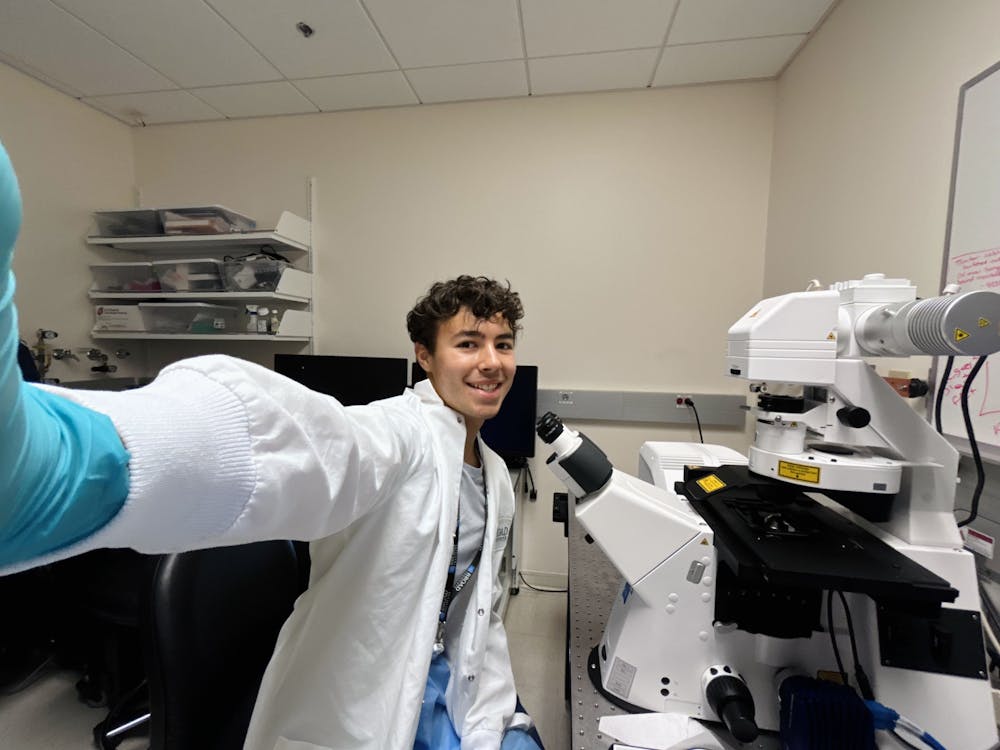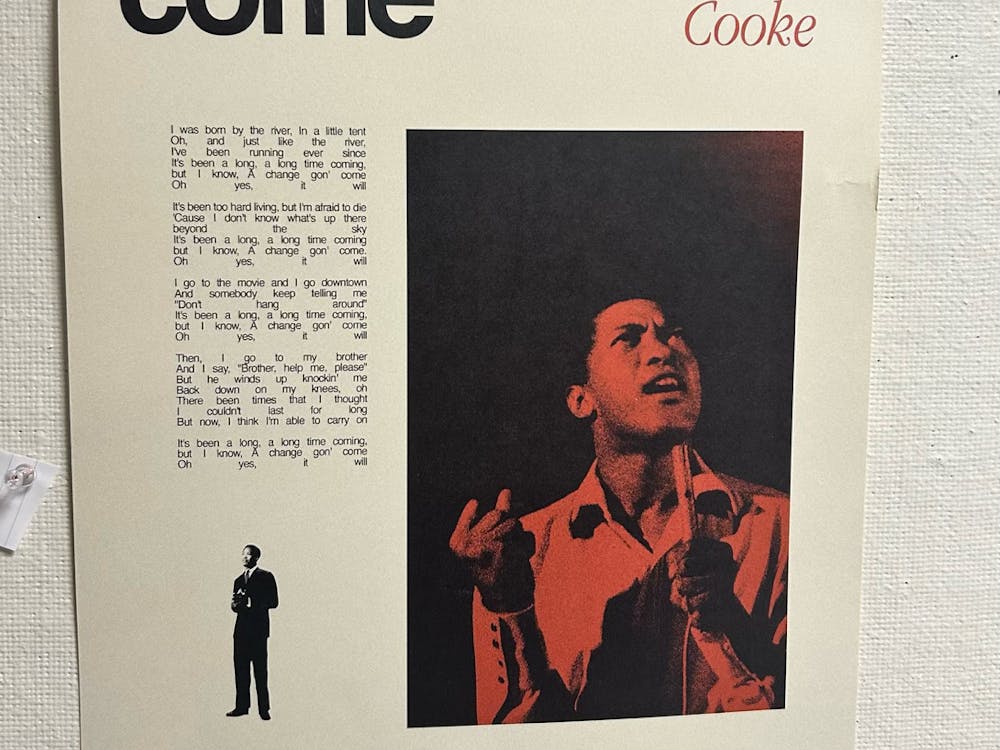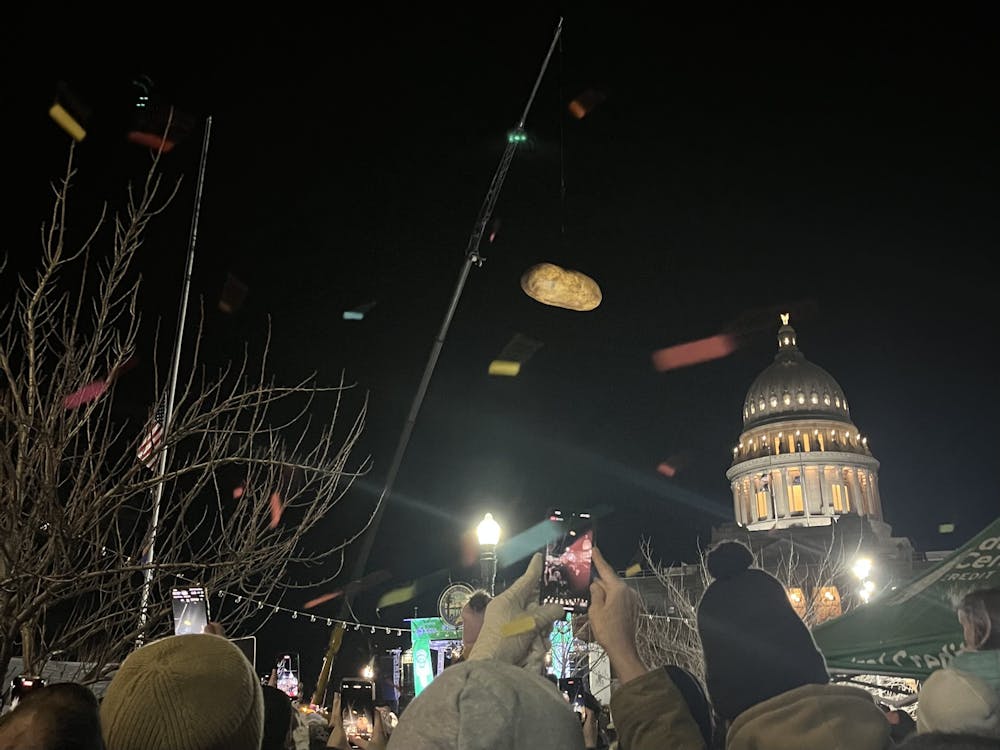First off, welcome to the Nest! As a freshman, you’re probably not even sure what you want to pursue yet or you might simply be feeling overwhelmed by all the possibilities you can take with your life and career path. As someone who’s tried it all — Pre-Med, Economics, Consulting, Marketing, Filmmaking, Engineering and much more — I can safely say that acquiring a Doctor of Philosophy (Ph.D.) is the end goal that I intend to achieve.
To apply for a doctorate program, you need to maintain excellent grades and demonstrate your ability to manage a rigorous course load with other extracurricular and leadership activities. However, joining a lab (wet: manipulating liquids, biological matter and chemicals or dry: computational, physics and engineering) and beginning to work on actual research at university is arguably the most important thing you can do as a pre-PhD, pre-MD-PhD or even pre-med freshman. This will not be your average Chemistry lab experience as it will allow you opportunities to partake in independent research.
Independent research has been my greatest academic passion for as long as I can remember, from winning high school science fairs to participating in various forms of undergraduate research. As an undergraduate, I am motivated to pursue independent research in order to gain as much exposure and training as possible before beginning a Ph.D. program. I am interested in working in a research lab at Hopkins, not only because of how renowned the institution is for research, but also to make the most of my college education.
Here’s what you need to do to get into a research lab as a freshman. Be ready to scour the internet; look around at all of the research labs Hopkins offers. Find what you think suits your current interests. Look into ForagerOne, an online platform designed specifically to connect undergraduate students with Faculty conducting research. You can look into department websites as well for faculty research profiles.You already made it here, which was the hardest part! Hopkins, being the nation’s oldest and best-funded research university, allows you access to labs that conduct cutting-edge research in their respective fields, so there is no shortage of opportunities.
Once you find a lab that resonates with you, reach out to the principal investigator (PI) of that lab by using your Hopkins email. Cold emails truly work best, as long as you keep it concise and make it known that you’re willing to commit to the research. You’ll end up meeting the PI or a post-doctoral researcher in the lab, which is where you can each lay out your expectations to one another (in terms of research, time commitment, recommendations, etc.) and see if the lab is a good fit for you. You’re going to want to start this process sooner rather than later!
Even if you end up realizing you don’t have a passion for or enjoy the lab you’re in as a freshman, that’s perfectly normal; you simply need experience. Many students switch labs for sophomore year and beyond!
Additionally, a research experience at Hopkins can be helpful to secure your dream summer research experience. My research experiences at Hopkins allowed me to realize my passion for working in the lab, even in the midst of my busy class schedule. I realized being a part of a summer research experience would allow me to put a 100% focus on my research and cultivate my interests further.
You will not only be able to gain practical skills from your lab, but you can also ask for a letter of recommendation from your supervisor. Most REU programs value your letter of recommendation the most, so you need to make good impressions as a student researcher in your lab as early as possible, since applications have due dates around January/February.
This past summer, I was given the amazing opportunity to conduct research in the field of Neuroimmunology at the Broad Institute of MIT & Harvard as a participant in the Broad Summer Research Program. I gained so many useful skills from this REU, including improving my scientific writing, quickly learning extensive information about my specific field of research, creating an engaging research poster and delivering effective scientific presentations.
REUs allow you to use your summer to conduct meaningful research and expand your network. The wide array of skills I gained from participating in an REU will allow me to more thoroughly engage and contribute ideas in my research lab back at Hopkins!
Again, good luck as you begin your academic journey, and welcome to the Nest!
John Cintron is a sophomore from Fort Myers, Fla. majoring in Chemical and Biomolecular Engineering. He is a News Writer for The News-Letter.





